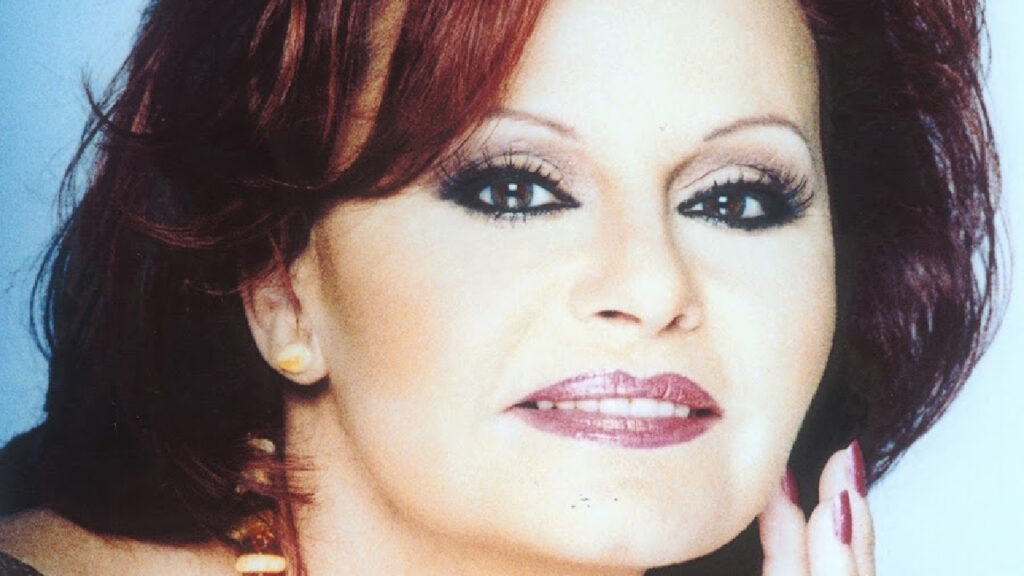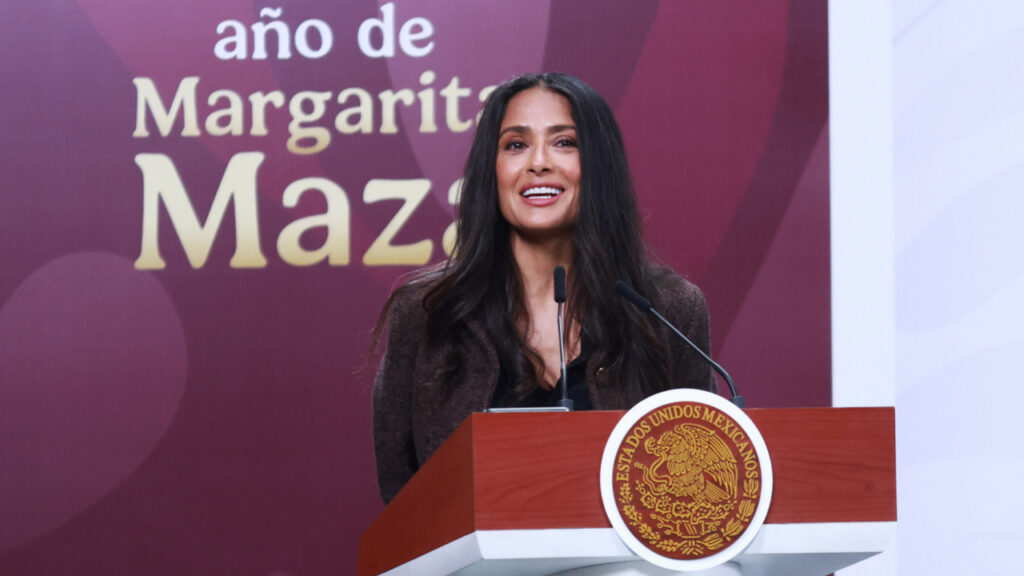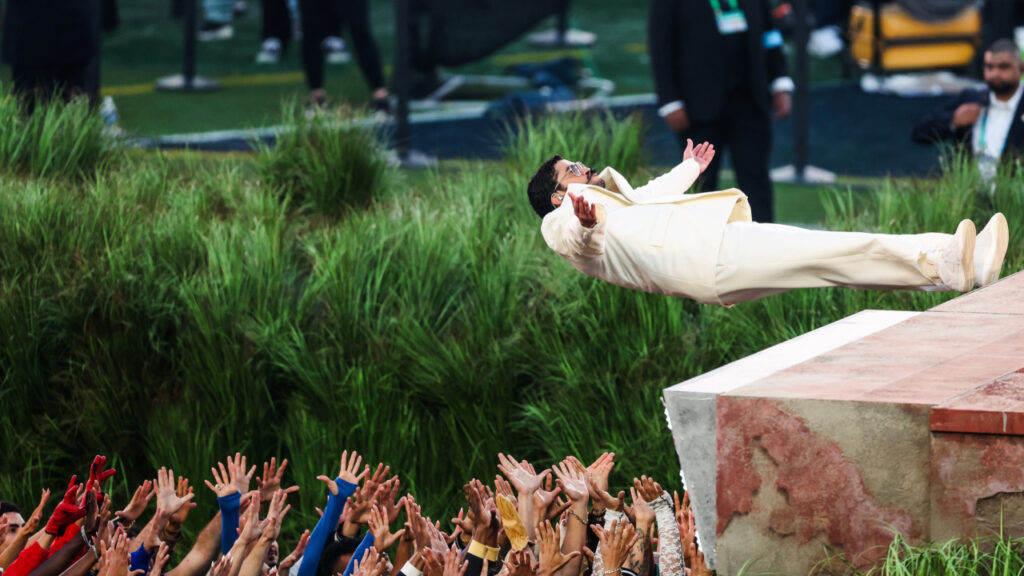
Rocío Dúrcal Documentary Promises Rare Family Archives and Full Access to Her Music
If you grew up on “Amor Eterno,” you know the voice of Rocío Dúrcal. Now her life is getting a full-screen tribute. A Spanish producer and a Latin music giant just confirmed a documentary and a scripted series on the artist who became “the most beloved Spaniard in Mexico.” The projects join a feature film already in development.
The new Rocío Dúrcal projects are official
Buendía Estudios announced it is partnering with Sony Music México on “a major project dedicated to Rocío Dúrcal,” the company revealed on its social feeds. The news dropped first during a panel at Iberseries & Platino Industria in Madrid. “We have announced the development and production of a fiction series and a documentary series dedicated to Rocío Dúrcal: an icon that transcends generations,” Buendía added.
What Buendía and Sony say about Rocío Dúrcal
Ignacio Corrales, CEO of Buendía Estudios, framed the scope. “Rocío Dúrcal is an international adventure, like the artist herself,” he said at Iberseries. He listed Mexico, U.S. Hispanic audiences, Latin America, and Spain as natural homes for the project. “Music will be a fundamental element. Working with Rocío Dúrcal’s entire music archive and having the direct support of her family allows us to create an emotional portrait that will initially take shape in two series, one fiction and one documentary,” Corrales said.
Sergi Reitg, Regional VP of Sony Music Vision Latin-Iberia, underscored the enduring demand. “We are developing one of the most ambitious projects in our history, highlighting the figure of Rocío Dúrcal,” he said. He pointed to the platform data. “Her presence on social networks, with more than 22 billion views on TikTok, shows that both her music and her image have been adopted by new generations,” Reitg noted.
The documentary has family backing
Rocío Dúrcal’s family support is not a new phenomenon. In 2024, Shaila Dúrcal said a documentary was in the works with Sony Music and previewed a 2025 release window. “We are doing the official one… we are going to do it right for next year, God willing,” she said. She also described it as an international project spanning Mexico, the United States, and Spain.
Rocío Dúrcal, by the numbers
The scale of her career still surprises. Dúrcal earned a Latin Grammy for Musical Excellence in 2005, received three Latin Grammy nominations and three Grammy nominations, acted in more than 20 films, recorded dozens of albums, accumulated over 11 billion audio and video streams globally, and sold more than 40 million albums.
Rocío Dúrcal and Mexico, a love story
She began her career as a teenage star in Spain. Then she rebuilt her career in Mexico. That move changed everything. Dúrcal relocated in 1977, partnered with the late Juan Gabriel, and recorded ranchera and mariachi classics on Rocío Dúrcal canta a Juan Gabriel (1977) and Canta a Juan Gabriel Vol. 6 (1984). Those albums delivered signature songs — “Costumbres,” “Amor Eterno,” “Déjame Vivir,” and “Fue un placer conocerte” — and cemented her as “the most Mexican Spaniard.” In fact, the 1984 set reached historic sales and helped drive her first Grammy nomination.
Why Rocío Dúrcal still moves audiences
Longevity meets reinvention. Rocío Dúrcal crossed film, pop ballads, and regional Mexican with credibility. She kept touring and recording through illness, received the Latin Grammy honor in 2005, and died in 2006 from uterine cancer. Her legacy lives in both countries. Part of her ashes rest in Mexico City’s Basilica of Our Lady of Guadalupe. Rolling Stone later placed her at No. 139 on its list of the 200 greatest singers of all time.
What the new projects promise to show
Both series will have access to Sony Music’s full audio and video archive, including historical performances and recordings. The producers also secured exclusive collaboration with Dúrcal’s family, opening personal and unpublished materials for a closer portrait. These series will add to the feature film announced in 2024 by Sony Music Vision, in collaboration with Sony Music México and Altit Media Group, which aims to explore her career, her impact on Latin music, and her role in popularizing rancheras and boleros.




